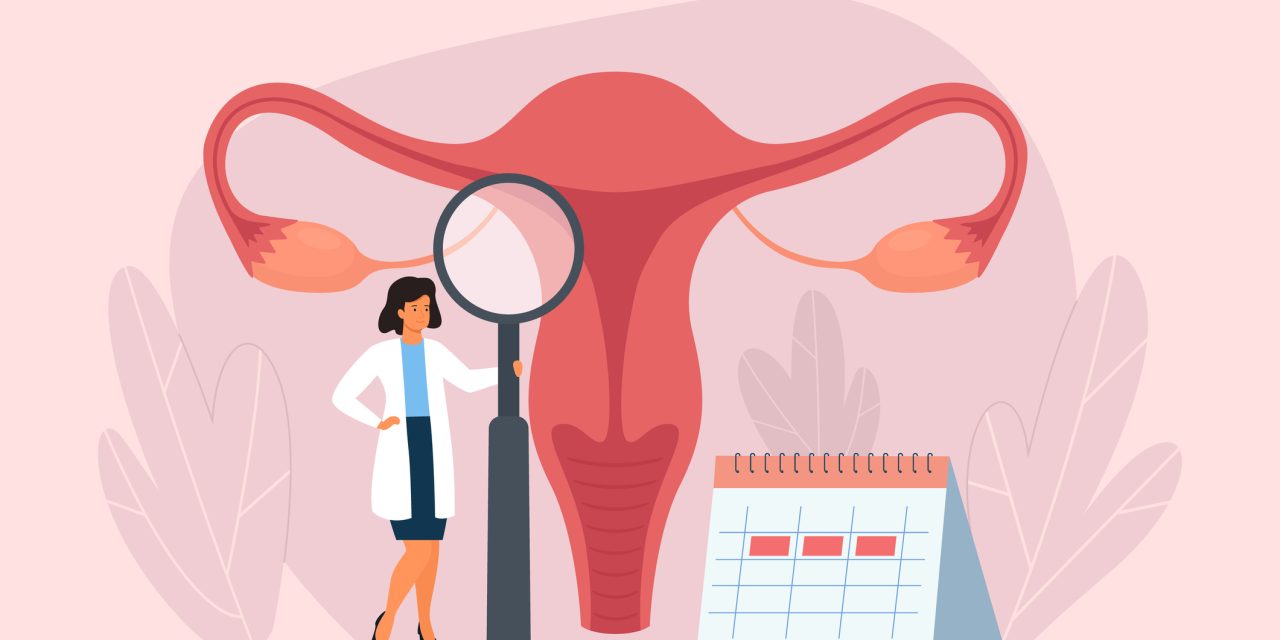Cascade genetic testing is essential to clarify cancer risk in families with hereditary breast and ovarian cancer syndrome (HBOC) due to pathogenic variants (PVs) in BRCA1 or BRCA2. To date, data suggest that family communication of genetic testing results, with or without the aid of clinical resources such as a provider-written family letter, is impacted by multiple barriers. These barriers eventually lead to sub-optimal uptake of cascade genetic testing. We designed a 2-min animated video that a proband can share with relatives to notify them that the proband has tested positive for a pathogenic variant in BRCA1 or BRCA2. We studied the video via hypothetical scenario in an unselected population to simulate the process by which a relative receives unsolicited genetics information about their family member. We assessed the impact of the video on three specific domains: knowledge, cognitive message processing, and affective reactions. A total of 399 participants recruited through Amazon Mechanical Turk completed the study, and 373 were analyzed. The video significantly improved content knowledge/recall (p < .0001) from pre- to post-video viewing, indicating effective message communication. Items used to measure cognitive processing showed preliminary tendencies toward systematic message processing, which could be desired in familial communication aimed at initiating a specific action-in this case, cascade genetic testing. A majority of participants (66%) reported positive affective reaction as they indicated that they would feel gratitude if they received the video message from a relative, and did not evidence a negative affective reaction to receiving the information. Our data suggest that a video message can effectively communicate information about cascade genetic testing to potential relatives with as little as two minutes of content. Our data suggest that video messaging to assist family communication is a reasonable approach that increases understanding and is unlikely to cause harm.© 2020 National Society of Genetic Counselors.
The impact of a cascade testing video on recipients’ knowledge, cognitive message processing, and affective reactions: A formative evaluation.


